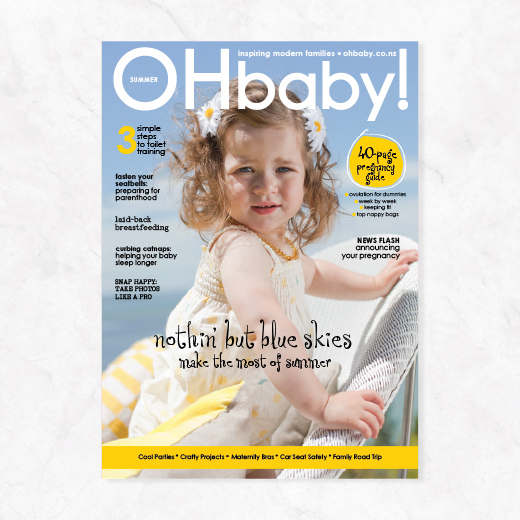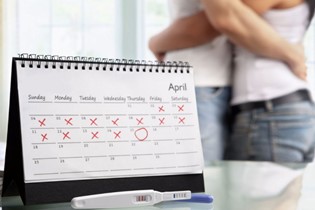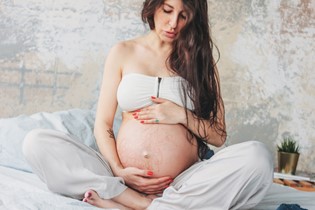I'm pregnant - who do I call first?

So you’ve celebrated the double blue lines on the stick with a prudent glass of cranberry juice — what’s next?
You may want to visit your GP to get a confirmatory blood test but for many women the medical professional they are most likely to call is their chosen midwife — to book themselves in before her diary is filled up. It may still be a while before you see her as the first visit tends to be around the 10 or 11-week mark.
Why go private?
Some women prefer to see an obstetrician because they want the extra security of having specialists on hand if something goes wrong during the birth.
But be prepared to pay handsomely for that security. All-up fees are close to $5000 for this care. Dr Astrid Budden from Auckland Obstetric Centre says the main reason patients opt for private care is because they want an “insurance policy”.
If things don’t go according to plan, they already have people they know on hand who can move swiftly to intervene, she says.
Some private patients are high-risk cases — they may have high blood pressure or other medical issues. But other women are simply nervous after perhaps having had a bad experience in the past.
“Different models suit different patients. Often it depends on the personality of the patient and what their expectations are,” says Dr Budden.
Sarah, a mum from Auckland, had obstetric specialist care at Origins in Auckland for all three of her babies. Despite the cost, she appreciated the continuity and simply felt safer having access to the best possible care from the people who had looked after her throughout her pregnancy.
“You know that the same person can do everything,” she says.
But that didn’t mean the doctor was there throughout the labour. He popped in and out while an Origins midwife stayed for the duration and called him when delivery was imminent.
“They did everything they possibly could for the safety of mum and baby — they went to the enth degree,” says Sarah enthusiastically.
What is a doula?
A doula is a non-medical birthing partner who attends your birth and supports you and your partner in the process. Doula Carolyn Tranter described herself as rather like an aunty, with 99% of what she provides being emotional support.
A 1993 study (by Kennell, Klaus Kennell) showed having a birthing doula significantly reduced the number of birth interventions such as C-sections. Doulas were also associated with shorter labours and fewer requests for pain relief.
A doula costs between $300 and $850, depending on where in the country she lives and what services she offers. If you want to know more go to doula.org.nz.
Friends and family
Fifty years ago fathers were usually banned from the delivery room. These days, Dad has an important role to play as part of the birth team. Think carefully as to who else you would like to be there and don’t feel obliged to ask your mum along if you know she’ll raise your stress levels. It’s all about what’s best for you and your baby now.

AS FEATURED IN ISSUE 24 OF OHbaby! MAGAZINE. CHECK OUT OTHER ARTICLES IN THIS ISSUE BELOW

















